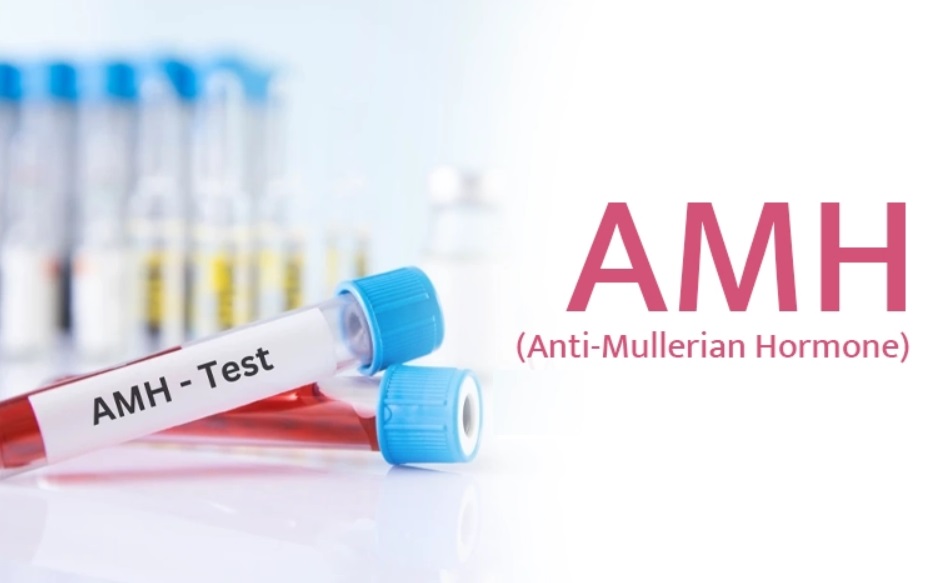When you're trying to conceive through IVF, understanding your body’s fertility hormones becomes key to your journey. One such vital hormone is AMH – Anti-Müllerian Hormone. This hormone provides critical insight into your ovarian reserve, helping fertility specialists plan and personalize your treatment.
Let’s explore what AMH is, why it matters in IVF, and how it impacts your chances of success.
What is AMH?
Anti-Müllerian Hormone (AMH) is produced by small follicles in the ovaries. These follicles contain immature eggs, and the amount of AMH in your blood reflects the number of eggs you have left — also known as your ovarian reserve.
In simpler terms, AMH gives fertility doctors a clear picture of how your ovaries are functioning.
Why is AMH Important in IVF?
In IVF (In Vitro Fertilization), the goal is to retrieve multiple healthy eggs for fertilization. AMH levels help your fertility specialist predict:
- How many eggs you might produce during stimulation
- How your body will respond to fertility medications
- The appropriate dosage of hormones needed
- Whether you may need alternative fertility options
Knowing your AMH level early helps create a more targeted and effective IVF plan, minimizing risks and improving the chances of success.
AMH Level Guide
Here’s a general breakdown of AMH levels and what they mean:
Can I Do IVF with Low AMH?
Yes. Many women with low AMH still conceive through IVF. While it may mean fewer eggs are retrieved, egg quality matters more than quantity. With proper treatment, including techniques like mild stimulation protocols, blastocyst culture, or donor egg IVF, chances of pregnancy can still be optimized.
Fertility Support at SCI IVF Hospital
At SCI IVF Hospital, we prioritize thorough fertility assessments before starting treatment. If you're looking for IVF treatment in Delhi, our expert team of fertility specialists will evaluate your AMH and other hormone levels to create a customized IVF plan.
Our experienced IVF doctor, Dr Shivani Sachdev Gour use the latest techniques to improve success rates, even in complex cases like low AMH or poor ovarian response.






Comments